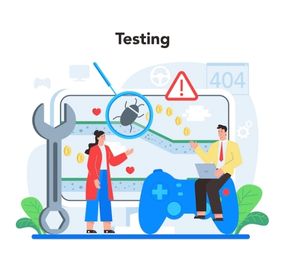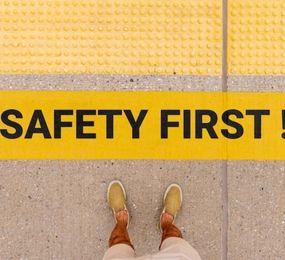The automotive industry is in a constant state of flux, driven by rapid technological advancements and evolving safety concerns. As vehicles become more complex and increasingly connected, regulatory bodies are adapting and updating functional safety requirements to ensure the safety and reliability of modern vehicles. Staying informed about these regulatory changes is crucial for manufacturers and suppliers to maintain compliance and bring safe products to market.
Recent and Emerging Regulatory Changes
Several key trends are shaping the regulatory landscape of automotive functional safety:
- Focus on Software and Cybersecurity: With software playing an increasingly dominant role in vehicle functionality, regulations are placing greater emphasis on software safety and cybersecurity. Standards like ISO/SAE 21434, addressing automotive cybersecurity, are becoming increasingly important and often intertwined with functional safety considerations.
- Emphasis on Autonomous Vehicle Safety: The development of autonomous vehicles (AVs) presents unique safety challenges. Regulatory bodies are actively working on developing specific regulations and guidelines for AV safety, covering aspects like sensor reliability, AI safety, and testing methodologies.
- Harmonization of Global Standards: Efforts are underway to harmonize functional safety standards across different regions to facilitate global trade and reduce complexity for manufacturers. This involves collaboration between organizations like ISO, SAE, and UNECE.
- Over-the-Air (OTA) Updates and Safety: The increasing use of OTA updates raises new regulatory considerations. Ensuring the safety and integrity of software updates, and managing the potential risks associated with them, is a key focus.
- Data Privacy and Security: Regulations related to data privacy and security are becoming more stringent, impacting how vehicle data is collected, stored, and used. This intersects with functional safety, as data integrity and security are crucial for safe vehicle operation.
- Increased Scrutiny and Enforcement: Regulatory bodies are increasing their scrutiny of functional safety compliance, with stricter enforcement measures and potential penalties for non-compliance.
Key Regulatory Bodies and Standards
- ISO 26262: This international standard for functional safety in road vehicles is continuously evolving to address new technologies and challenges. Regular updates and revisions are essential to stay compliant.
- UNECE Regulations: The United Nations Economic Commission for Europe (UNECE) develops regulations for vehicle safety and emissions. These regulations are often adopted by countries worldwide.
- NHTSA (National Highway Traffic Safety Administration): In the United States, NHTSA is responsible for regulating vehicle safety. They are actively working on developing standards and guidelines for AV safety.
- SAE International: SAE International plays a key role in developing industry standards related to automotive safety, including those related to autonomous driving and cybersecurity.
Impact on Vehicle Development and Compliance
These regulatory changes have a significant impact on vehicle development and compliance:
- Increased Complexity: Meeting evolving regulatory requirements adds complexity to the development process, requiring specialized expertise and resources.
- Higher Costs: Implementing robust functional safety measures and complying with regulations can increase development costs.
- Longer Development Times: Ensuring compliance may require additional time for testing, validation, and documentation.
- Need for Continuous Monitoring: Staying informed about regulatory changes and adapting processes accordingly is crucial for maintaining compliance.
The regulatory landscape of automotive functional safety is constantly evolving. Staying informed about these changes, understanding their implications, and adapting development processes accordingly is essential for manufacturers and suppliers to navigate this complex environment and bring safe and compliant vehicles to market. Proactive engagement with regulatory bodies and participation in industry initiatives are crucial for shaping the future of automotive safety.
Register today to secure your spot, please check here: https://bit.ly/3QhdZkK
For more information and group participation, contact us: [email protected]
















